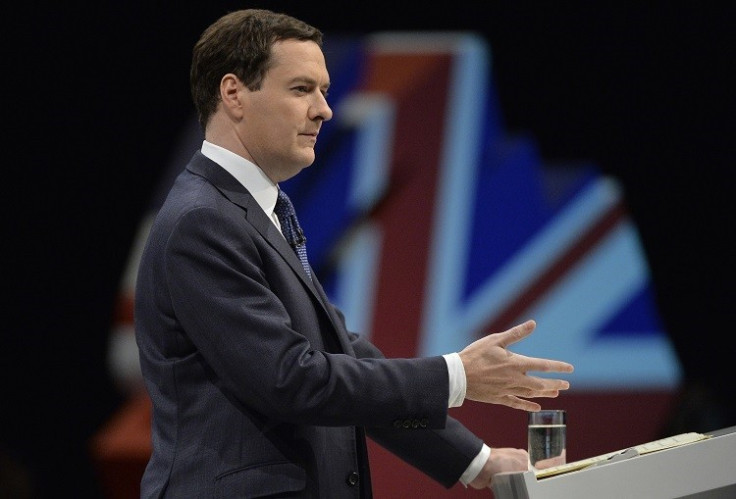UK Chancellor George Osborne Extends Austerity to Cut Taxes and Stabilise Economy

Britain is set to face several more years of austerity, despite a possible tax cut for lower wage workers, as Chancellor George Osborne pledges to make further budget reforms.
In a speech to be made in Birmingham, Osborne will tell Britain that it must face up to "hard truths" about a longer period of austerity which will involve more spending cuts and reforms, and that the government will help out the "lowest paid" before helping those on high salaries.
He will also try to balance out the optimism about the economic recovery with a reminder about the state of the public finances.
Osborne will also say that the government is still borrowing too much, spending over the odds on interest on the national debt, and that the way to permanently cut taxes is to permanently cut spending.
While Osborne will not unveil concrete measures in his speech, he will highlight how the budget deficit has been cut by a third under the coalition government's watch, and that austerity measures could be extended until 2018.
"There's still a long way to go. We're borrowing around £100bn (€121bn, $164bn) a year — and paying half that money a year in interest just to service our debts. We've got to make more cuts," Osborne will say.
"Do we say, 'the worst is over; back we go to our bad habits of borrowing and spending and living beyond our means – and let the next generation pay the bill'?
"Or do we say to ourselves, 'yes, because of our plan, things are getting better. But there is still a long way to go – and there are big, underlying problems we have to fix in our economy'."
In his speech, Osborne is also set to address the government's plans to cap welfare and reducing immigration.
The Conservatives are currently falling behind the Labour party in the opinion polls but the group is still scoring more highly on economy policy.
The Tories regularly blame Labour for running up a deficit equivalent to more than 10% of GDP before it lost its decade-plus of power in the 2010 election.
© Copyright IBTimes 2025. All rights reserved.






















